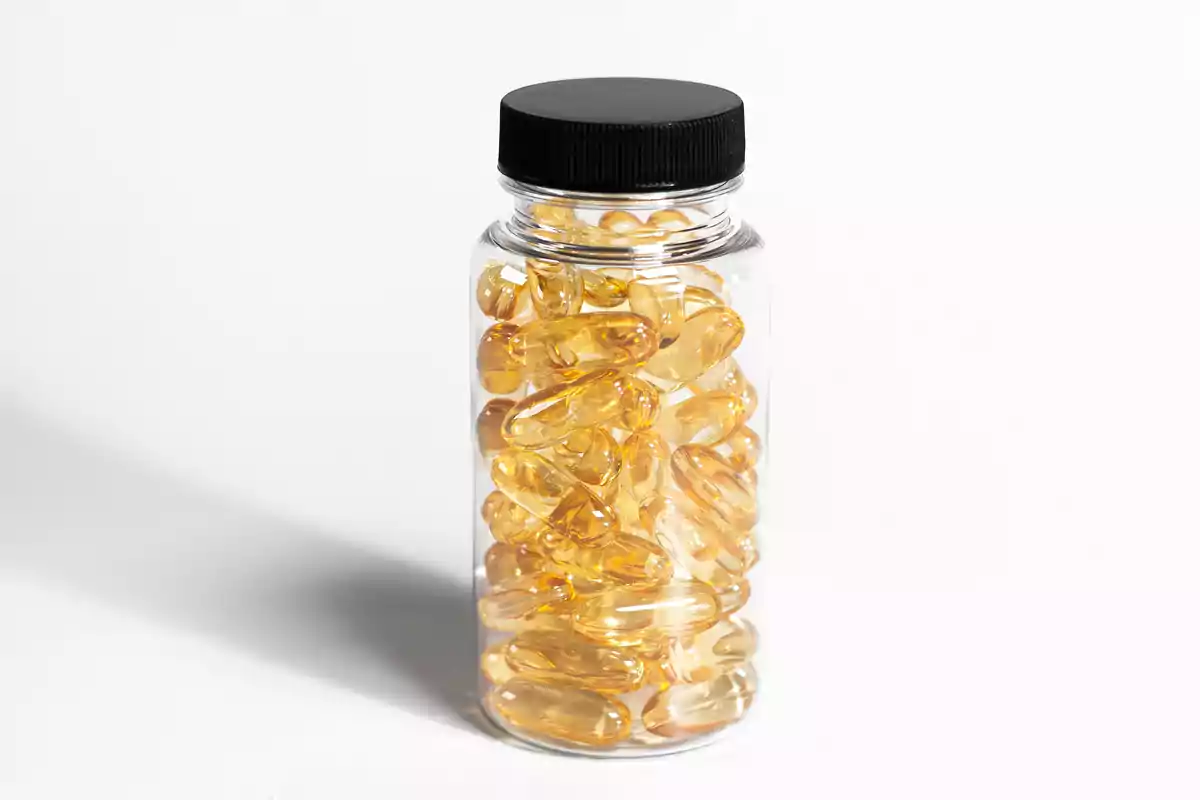In recent years, the consumption of nutritional supplements has skyrocketed, especially among healthy people who seek to improve their well-being. Among them, vitamin D has gained enormous popularity, often recommended even without prior testing. This trend has caught the attention of neurologist and kidney specialist Borja Quiroga, who has issued a strong warning about its risks.
In a recent interview with La Vanguardia, Quiroga explained that he has treated cases of patients with serious kidney problems related to vitamin D abuse. "I've seen people who came in with kidneys full of stones," he stated, making it clear that this supplement isn't harmless. According to him, excessive consumption can promote calcium buildup and cause kidney stones, as well as intoxication and kidney failure in healthy people.

The neurologist debunks myths about vitamin D: it's not for everyone
The specialist has emphasized that vitamin D is only justified in very specific medical contexts, such as in patients with osteoporosis or diagnosed kidney disease. He stressed that, in individuals without these conditions, it hasn't been proven to improve cardiovascular risk, reduce the likelihood of tumors, or prevent bone fractures. He has also strongly criticized the growing habit of supplementing children with vitamin D without a clinical reason supported by studies.
Quiroga pointed out that in many cases this vitamin is prescribed without an adequate assessment of the patient's prior health. According to him, this practice is more a result of trends and recommendations without scientific basis than a true medical need. For the neurologist, the problem lies in the belief that vitamins "always help" and can't be harmful, something he considers false.

The only supplement backed by the specialist
Although he keeps a critical stance toward most supplements, the specialist has defended the use of creatine monohydrate. In his view, it's a safe and effective compound that for years has been misunderstood due to its similarity to creatinine. The most recent studies, he explained, have ruled out any link to kidney damage and have opened the door to its application in patients with Alzheimer's.
In this regard, Quiroga has recommended that, if choosing creatine, one should always select the pure monohydrate version with a quality seal, such as Creapure. He warned about buying from places without guarantees, reminding that not everything offered on the market is under health control. "You have to read labels carefully and be wary of miracle formulas," he concluded, insisting that scientific evidence should be the main criterion when deciding on any supplementation.

